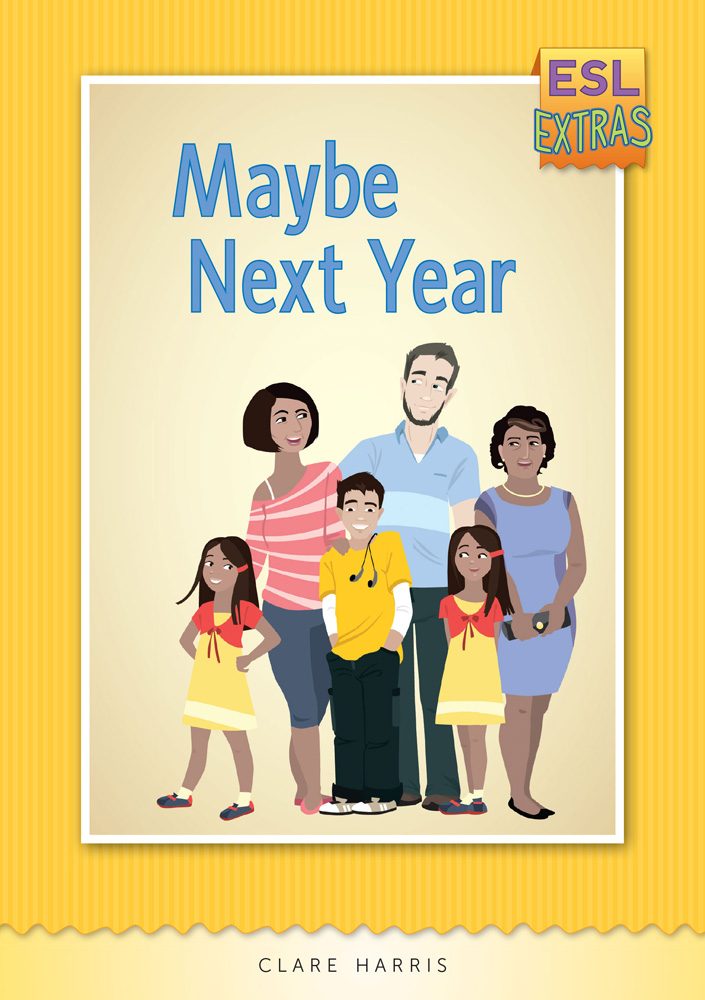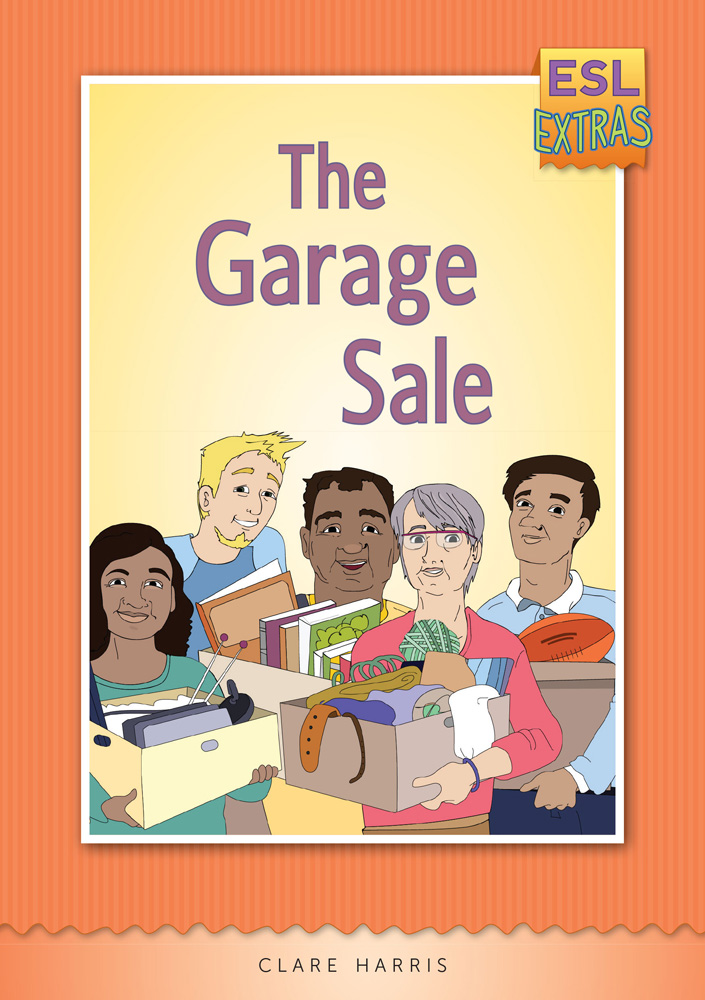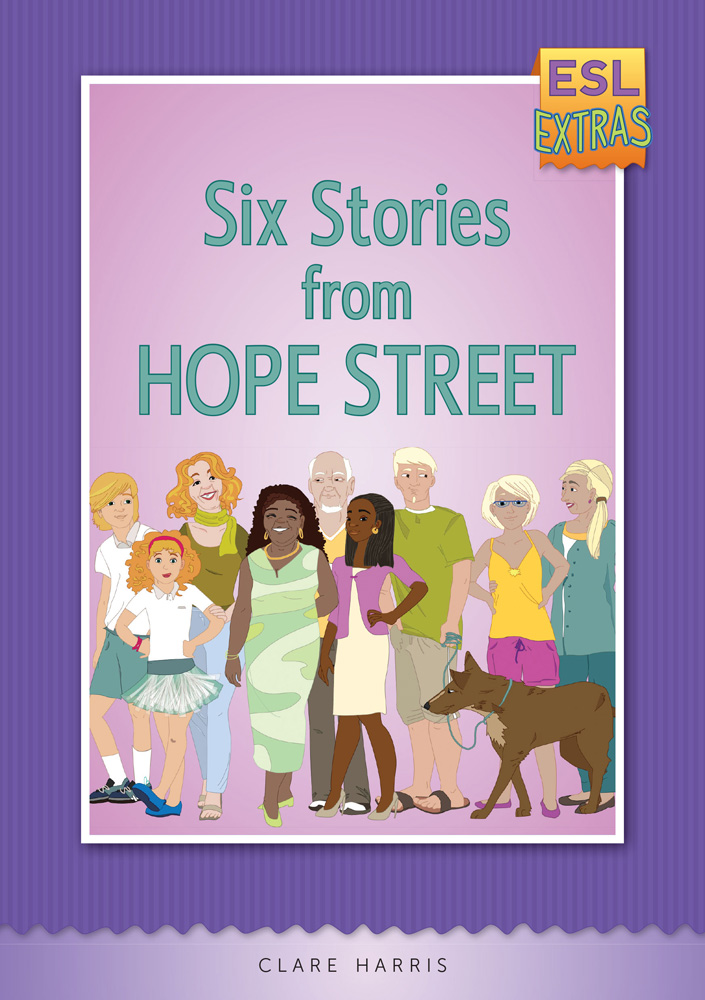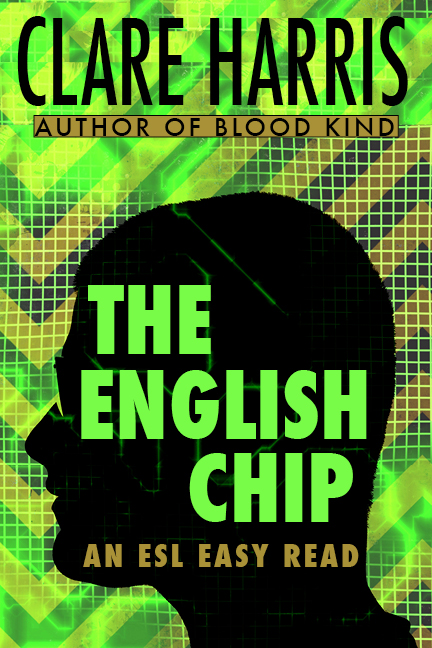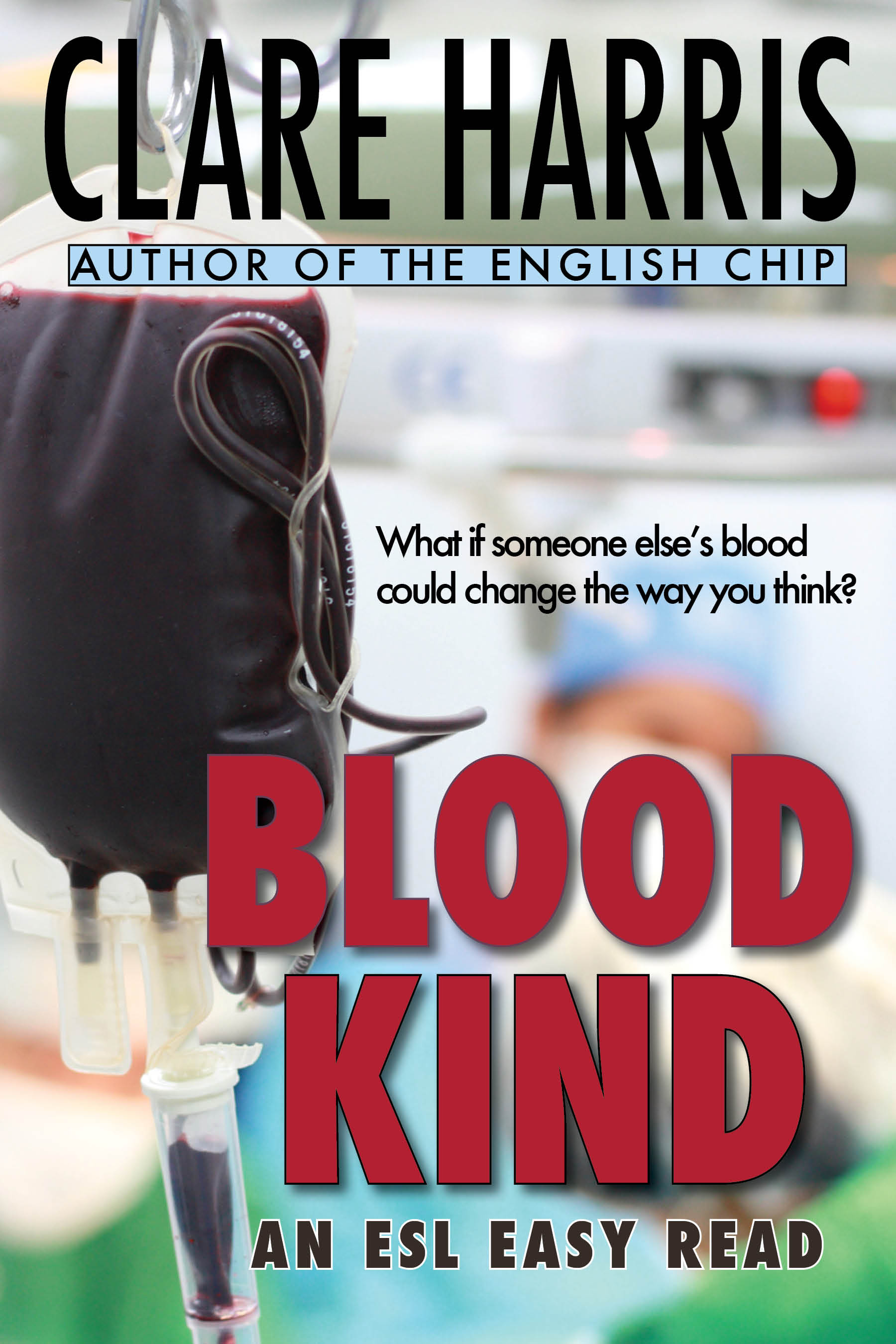Dementia-friendly reading
Is reading helpful for people living with dementia?
Yes! Research suggests that dementia can be very helpful for people living with dementia, especially shared reading, which leads to discussion and reminiscence. As I create memory-friendly books under the pen-name Unforgettable Notes, I’m always looking for research on the value of reading, or for good news about dementia-friendly libraries. See my page on research in this field – I will keep updating it!
Do libraries have dementia-friendly books?
Libraries are always aiming to be inclusive, so ask your local library what they have on offer. There’s great information about dementia-friendly libraries here in Australia on the Forward with Dementia site. Other countries have similar programs.
You can suggest books to your library, if they don’t already have them.
Where else can I find these books?
I suggest libraries, because you probably won’t find dementia-friendly books in your local bookstore. However, if you search for ‘dementia-friendly reading’ on Amazon, you’ll see there are a number of small publishers there. You will notice that some of their books are wordless picture books, which can be excellent for someone who can no longer read at all. There are also books with ‘easy-read’ text, like mine.
I’m certainly not the only one writing these books, but so far I think I’m the only one in Australia. (I grew up in the UK, so I use Australian/British English, but I try to make sure that I include a US perspective when I need to!)
If you do a general online search, you’ll find other small publishers. Reading 2 Connect only provides their accessible books as part of a program, but their principles are still very interesting to read. Dovetail Press (which creates modified classics) has a free manual on how to start a Book Group, for libraries or care homes.
What do you mean by shared reading?
This is where you sit down and read with someone living with dementia. You might read aloud and let them read along, or you might read together, or listen as they read – a lot will depend on how brain changes have affected their reading skills.
Of course, it’s not just about the reading – it’s about the connection, as you ask questions about the illustrations in the book, or prompt them to tell you about childhood memories. It’s can be hard to chat about recent events, but shared reading can lead to some wonderful conversations.
Many libraries, day centres and care homes run shared reading groups, where everyone can join in, and these have been very successful in lifting mood and even improving memory and attention.
What should I look out for in dementia-friendly books?
Large print, spacious layout, clear illustrations, plus clear ‘easy-read’ text. Ideally, once you turn the page, it shouldn’t matter if you can’t remember what you read on the previous page. Most of all, books should not look childish (unless you are reading a children’s book with a grandchild). ‘Bite-sized’ stories or poems work well.
What if I want to try writing something myself?
If you’re trying to write dementia-friendly text, the UK Alzheimer’s Society has a list of tips.
There’s also a great blog at Dementia Friendly Writing.


